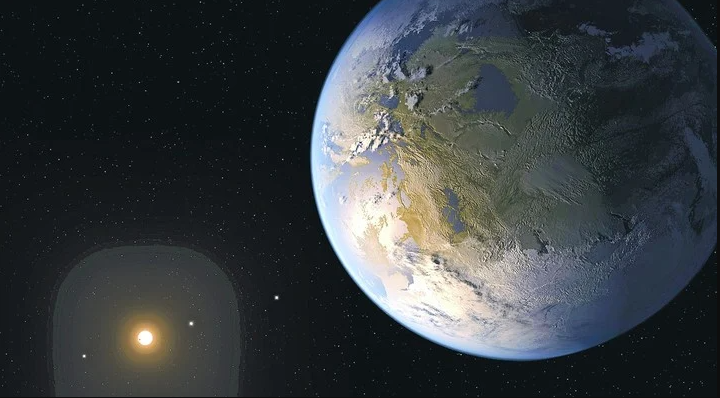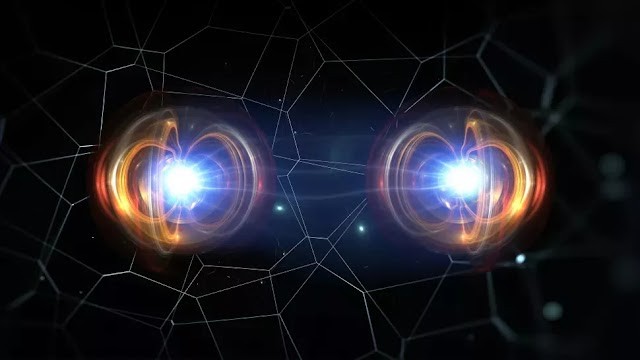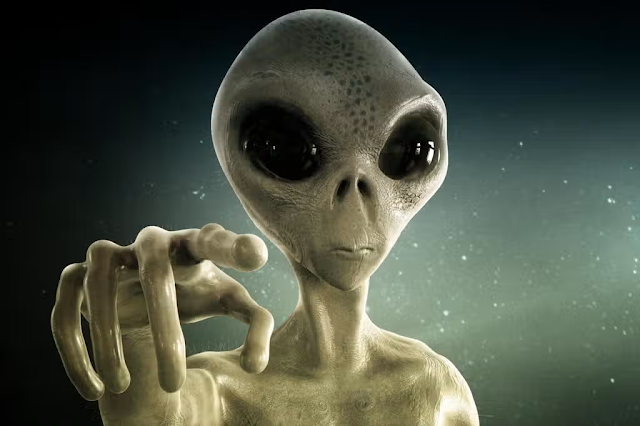Even though, to our knowledge, time travel has not yet been accomplished, scientists are nonetheless fascinated by the idea of it being theoretically feasible.

Moving through time poses many challenges to the fundamental laws of the universe, as depicted in films like The Terminator, Donnie Darko, Back to the Future, and many others.
For instance, if you travel through time and prevent your parents from meeting, how can you possibly exist to travel through time in the first place?
The “grandfather paradox” is a major brainteaser, but in September of last year Germain Tobar, an Australian physics student, said he had figured out how to “square the numbers” to make time travel possible without the paradoxes.
According to classical dynamics, knowing a system’s state at a certain moment may provide information about the system’s whole history, Tobar said in September 2020.
“However, Einstein’s theory of general relativity predicts the existence of time loops or time travel – where an event can be both in the past and future of itself – theoretically turning the study of dynamics on its head.”
The calculations demonstrate the possibility of space-time self-adaptation to avoid paradoxes.
Imagine a time traveler going back in time to prevent the spread of a disease. If the mission is successful, the time traveler will not have a sickness to fight in the future.
According to Tobar’s research, the paradox would be resolved if the illness still managed to find a way to spread via a new pathway or technique. No matter what the time traveler accomplished, the sickness would still exist.
Tobar’s work is difficult to understand for non-mathematicians, but it examines how deterministic processes—without any randomness—affect any number of regions in the space-time continuum and shows how closed timelike curves—as predicted by Einstein—can fit in with both classical physics and the laws of free will.
“The maths checks out – and the results are the stuff of science fiction,” said physicist Fabio Costa from the University of Queensland, who supervised the research.
The latest study eliminates the issue with a different theory, according to which time travel is feasible but subject to limitations to prevent paradoxes from being created. In this hypothetical scenario, time travelers are free to act whatever they like, but paradoxes are impossible.
The time machines that scientists have so far created are so high-concept that for the time being they only exist as equations on a paper. Despite the fact that the math may work out, actually bending space and time to go into the past remains elusive.
Stephen Hawking believed it was conceivable, so we could get there one day. If we do, this new study says we would be free to alter the past in anyway we pleased since it would adapt itself appropriately.
“Try as you might create a paradox, the events will always adjust themselves, to avoid any inconsistency,” says Costa. Our discovery of a variety of mathematical techniques demonstrates that time travel with free will is logically consistent with our reality and does not present any paradoxes.
Reference(s):
Research Paper





